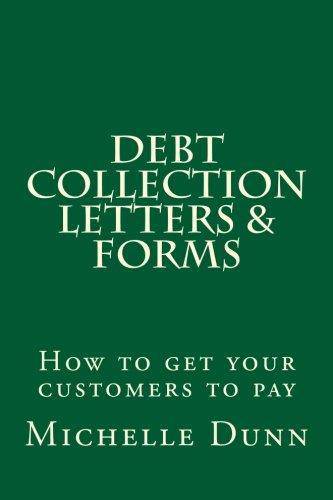- Description
Description
You can use these letters as they are, modify them to suit your needs or your business or just use one sentence from a letter. Each letter should be on your company letterhead and include your company name, address, phone and fax, web address, email and any other contact information. The letters that get the best results are not “form” letters. If a letter looks like a form letter it loses some of its punch. The most effective letters are short, to the point and easy to read. Try to avoid long or confusing words and sentences. The more direct, the fewer misunderstandings. Have someone read your letter and see if they totally understand it. If they do, then chances are your debtor will, too. Your letter is a reflection of your business; keep it professional. Remember that your letter is to persuade someone to send you money. Your wording and tone are critical, especially if this is a customer you want to continue to do business with. Always assume the debtor will pay. Enclosing an envelope for payment is always a good idea. You can also include an envelope with postage. The easier you make it for the debtor to make payment, the better your chances are of receiving that payment. Collection letters should do two things: retain customer good will and help you get paid. You know a letter works well when you do a mailing and your phone rings off the hook when everyone receives their letters. If you send out a letter and there is no response, you need to re-work your letter.
Binding / Paperback: 98 pages
Publish Date: 9 June 2014





